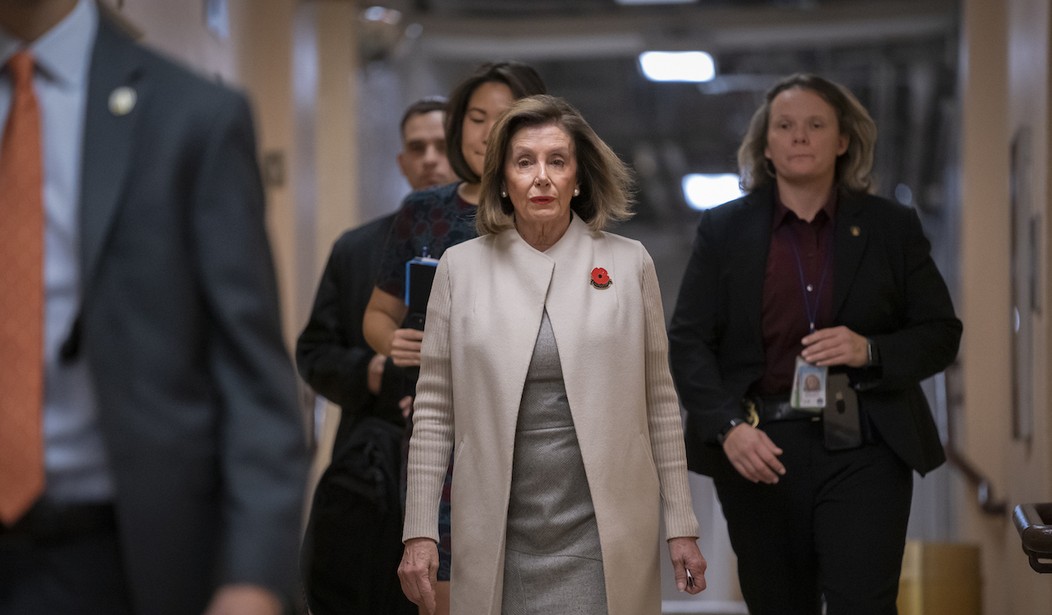By now the tropes have become almost typical. Democrats are politicizing the coronavirus, drumming up irrational fears in the media, and causing an economic meltdown, all in hopes of bringing down the president. It has even been floated that climate change activists are actively hyping the spread of the coronavirus because they believe that a decline in manufacturing will reverse climate change. For example, the air quality in Wuhan, a major Chinese manufacturing center where the COVID-19 outbreak first occurred, allegedly improved by over 20% during the slowdown caused by the virus.
On the other side of the aisle, of course, Democrats have been quick to castigate President Trump for his early attempts to downplay the effects of coronavirus, and for allegedly creating institutional barriers to an effective national response to the pandemic. They hope to use the cratering economy as a political wedge to unseat the president this November. Numerous political action committees and dark money groups have put money into politicizing the president's response to coronavirus. This is politics as usual.
Americans, many of whom are now stuck in their homes under orders by the authorities to "socially distance" themselves, suddenly have a lot of time on their hands. Sure, some of us are really "working" from home (wink, wink). But many of us are glued to the television and the internet, consuming every novel conspiracy theory that comes to mind.
It is perhaps safe to say that as the panic subsides, the blame game begins. We don't like pausing our daily lives and adjusting to a new and stifling normal. We chafe against the official wisdom, and find ways to try to debunk the system -- or worse, point to a dark and shadowy global cabal that has somehow manufactured the virus to achieve nefarious political ends such as, say, world domination.
These tropes are not new and have arisen in the aftermath of every major emergency. They arose amid the AIDS scare in the 1980s; it supposedly was a biological attack against gay people and minorities, constructed by right-wing groups. They arose in the aftermath of the attacks on 9/11; it supposedly was "an inside job" to justify a war against the Middle East. And they are arising now. Any occurrence that defies our worldview and lacks a logical explanation brings with it scores of conspiratorial theories that attempt to reconcile our beliefs about the world with the dissonant reality we are sometimes confronted by.
Recommended
But the truth is that economists have been predicting that a recession is on the way for the past two years. We are 12 years into a bull market, one of the longest ever recorded, and due for a correction. Corporate profits relative to bond yields began falling as early as the third quarter of 2018. Over the past year, the president repeatedly exhorted the ostensibly independent Federal Reserve to lower interest rates to prop up asset values and stave off what looked like a slowdown in the rate of economic growth. Democrats complained that the president was improperly attempting to goose the stock market, injecting unneeded and perhaps even dangerous levels of stimulus into the system, to stave off a downturn and strengthen his hand going into 2020.
No one thought the catalyst of a major market disruption would be a viral pandemic -- but signs were pointing to a market correction at some point in the near term. From a conspirator's point of view, couldn't the virus have achieved what the president failed to do from his bully pulpit: force the Fed to flood the economy with economic stimulus?
What is becoming clearer is that the government must bypass the capital markets and implement aggressive fiscal policies that directly impact everyday Americans. It cannot simply inject capital at the corporate and financial services level and hope that trickles down to the "everyday Joe."
And the key here, politically, is that both the executive and legislative branches of government will have to work together -- and be willing to share the blame and the credit. The question is whether we, as a nation, are in a place where we trust our political leaders enough to believe them, or whether our distrust and cynicism have reached a breaking point.
We do not need to engage in political conspiracy theories to observe the obvious: The coronavirus and related political and social upheaval are having broad systemic effects. COVID-19 is affecting every system in society -- the distribution of goods and services in ordinary commerce, the medical system and even the machinery of politics. A curious observer might analyze these impacts and begin to design responses that can make our society less vulnerable to this type of shock in the future. How might we change our voting systems to withstand pandemics? Our health care system?
We will survive this latest scare; we have survived others. But if we only blame each other and fail to put in place measures that make our society stronger, we'll suffer a much worse fate down the line.
To find out more about Armstrong Williams and read features by other Creators Syndicate writers and cartoonists, visit the Creators Syndicate website at www.creators.com.
























Join the conversation as a VIP Member